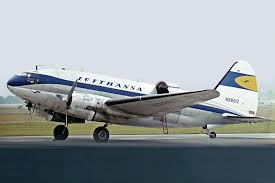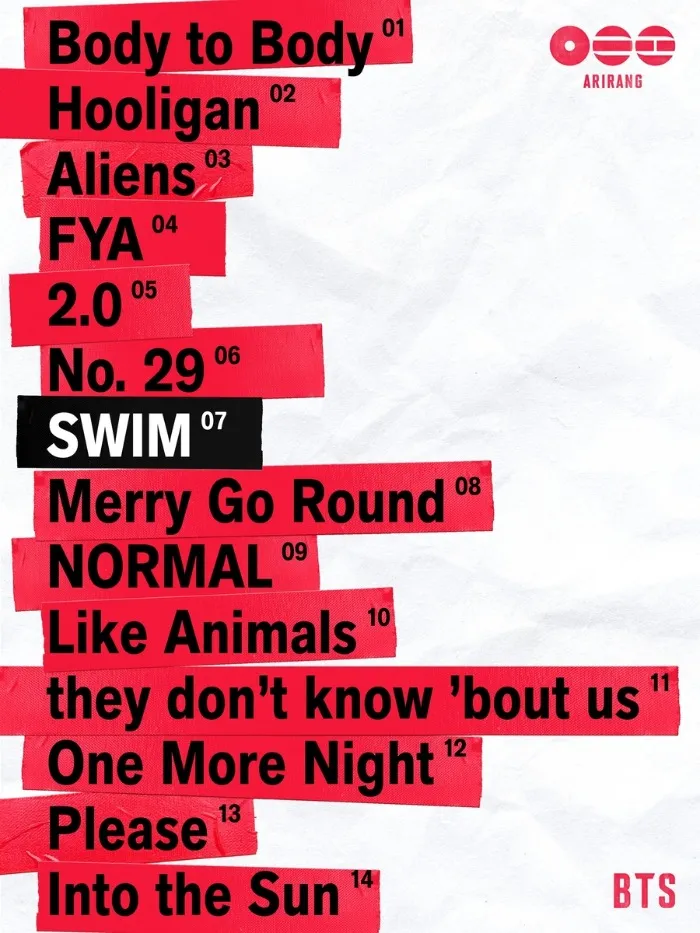
Introduction
Lufthansa, Germany’s flagship airline, has established itself as a cornerstone of global aviation. With a history that dates back to 1926, the airline not only plays a pivotal role in connecting Europe with the world but also significantly influences the travel industry through its innovations and services. As air travel rebounds post-COVID, Lufthansa’s strategies and operations have come under keen analysis, making it a topic of considerable importance for travelers and industry watchers alike.
Recent Developments
In the wake of the pandemic, Lufthansa has been focusing on enhancing its flight network and passenger services. The airline resumed numerous long-haul routes and reported a significant increase in flight bookings. According to their latest quarterly report, Lufthansa experienced a remarkable recovery with a revenue growth of 45% compared to the previous year. This recovery showcases a robust demand for international travel and highlights the airline’s successful adaptation to changing market dynamics.
Additionally, Lufthansa has invested heavily in sustainability and technology. The airline is committed to achieving net-zero carbon emissions by 2050 and has initiated various projects, including the use of sustainable aviation fuel (SAF) and fleet modernization to reduce fuel consumption and emissions. These initiatives underlie Lufthansa’s efforts not only to better serve their customer base but also to lead in sustainable travel.
Challenges Ahead
Despite the positive trends, Lufthansa faces ongoing challenges including rising fuel costs, labor shortages, and geopolitical uncertainties. The airline industry has been impacted by fluctuations in fuel prices, which can directly affect operating costs. Additionally, the competition in the European aviation market is intensifying, with low-cost carriers vying for market share, compelling Lufthansa to balance premium service with competitive pricing.
Conclusion
As the aviation world continues to evolve, Lufthansa stands at a crossroads influenced by both operational recovery and environmental responsibilities. The airline’s proactive adaptations to market changes, commitment to sustainability, and strong management strategies indicate a promising future. With expectations of further growth and the introduction of advanced technologies, Lufthansa is expected to remain a leading player in the global airline industry, setting benchmarks for quality and service excellence. Travelers can look forward to enhanced experiences as the airline continues to innovate and expand in a recovering marketplace.



